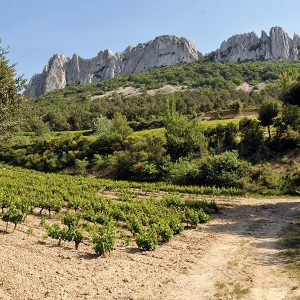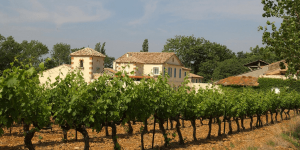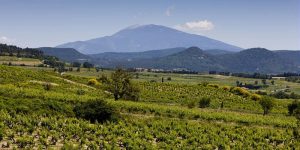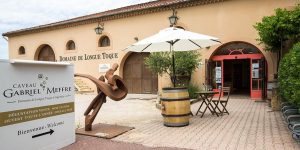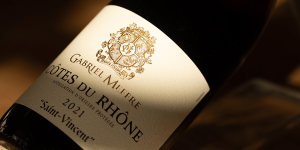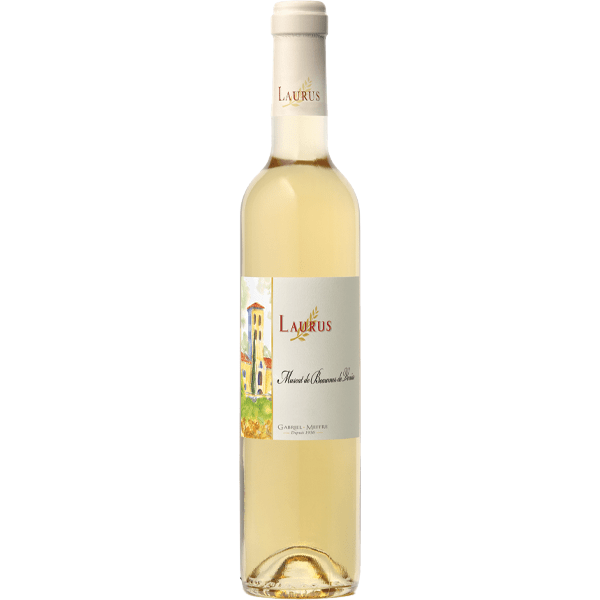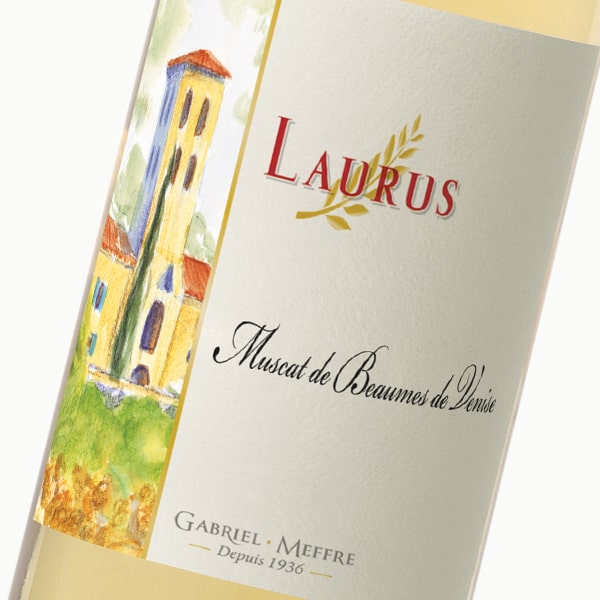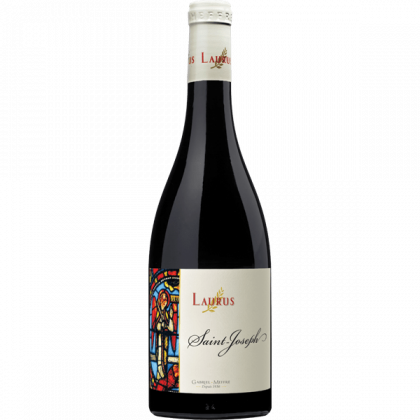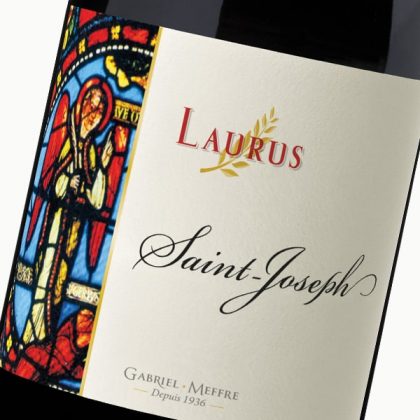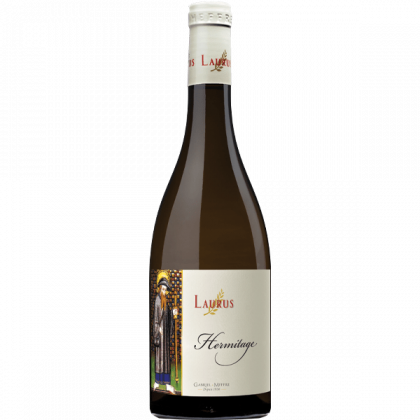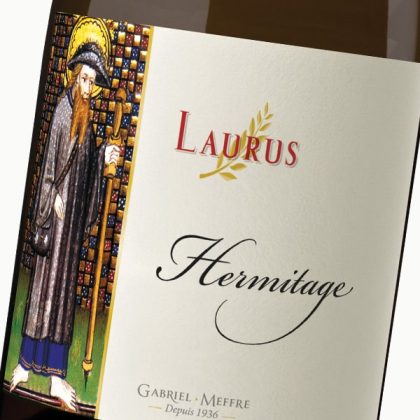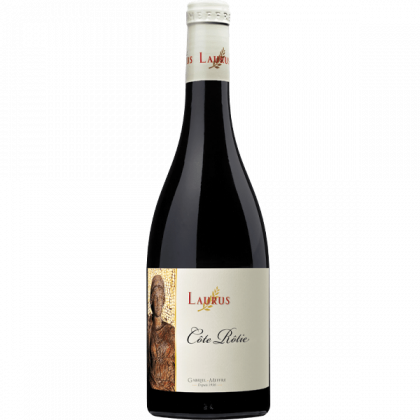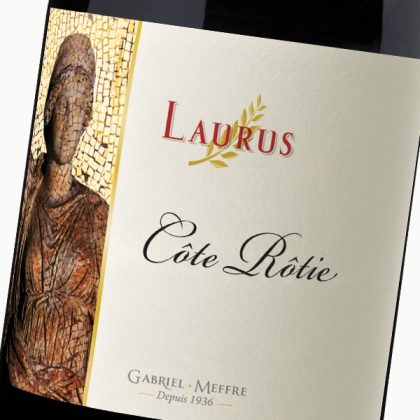Laurus
Muscat Beaumes de Venise 2015
VDN Muscat Beaumes de Venise White
TastingLight golden colour. Perfumed nose of white flowers and crystallized orange. Velvety palate with candied fruits flavors (quince, pear, peach). A delicious Muscat, full and smooth with an aerial finish.
Light golden colour. Perfumed nose of white flowers and crystallized orange. Velvety palate with candied fruits flavors (quince, pear, peach). A delicious Muscat, full and smooth with an aerial finish.
Food & wine pairingsPineapple Carpaccio
Poire Belle-Hélène
Baked Alaska
Pineapple Carpaccio
Poire Belle-Hélène
Baked Alaska
Poire Belle-Hélène
Baked Alaska
Detailed information
Vintage
Ideal weather conditions right up to the harvest, an excellent sanitary state for the grapes, more than satisfactory yields. 2015 vintage is already showing great potential and is most definitely one of the best vintages of the last few years.
Harvest began on the 24th of August.
Harvest began on the 24th of August.
Grape varieties
Muscat à petits grains
Terroir
Vines selected on the sunniest hillsides in the South of the appellation. Soils made up of sand and safres from the Miocene period. Southern exposure. Approximately 120m of altitude, guarantee of freshness.
Winemaking
Fully manual picking in cases at optimum ripeness and manual sorting. Destemming of the entire harvest. Cold maceration (3°C for about 5 hours) for a part of the cuvée. Pressing, cold settling and fermentation under strict temperature control (14 ° C). At 110g per liter of residual sugar, the fermentation is stopped by rapid cooling of the tank to 0°C and alcohol mutage. 3% of the wine is aged 5 months in 275 liters Laurus oak barrels (barrels of 1 wine from the Bertranges forest, Burgundy). Harvest started on 24t August. Production: 3,000 bottles
Service
Servir frais à 10-12°C
Optimum maturity: 2015 – 2020
Degree of alcohol
15% vol.
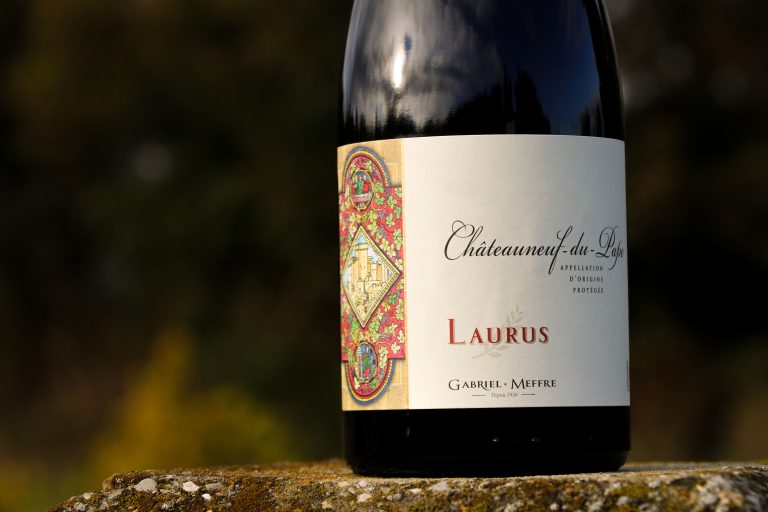
Laurus
Laurus means ‘Laurel’ in Latin, a Roman symbol of excellence. Here excellence is all about “terroir”: the grapes are grown on parcels selected for their ability to express the very best of each Appellation.
The term “terroir” encompasses a soil, a climate and people. Here it is expressed through sustainable partnerships with wine-growers who share our vision. The perfect combination of grape variey & soil, the precise maturing process in unique 275l. French oak "Laurus" barrels refines the structure, producing complex wines, with plenty of character, beautiful elegance and a long ageing potential.
Secure payment
Customer service at your disposal at 04 90 12 30 21
